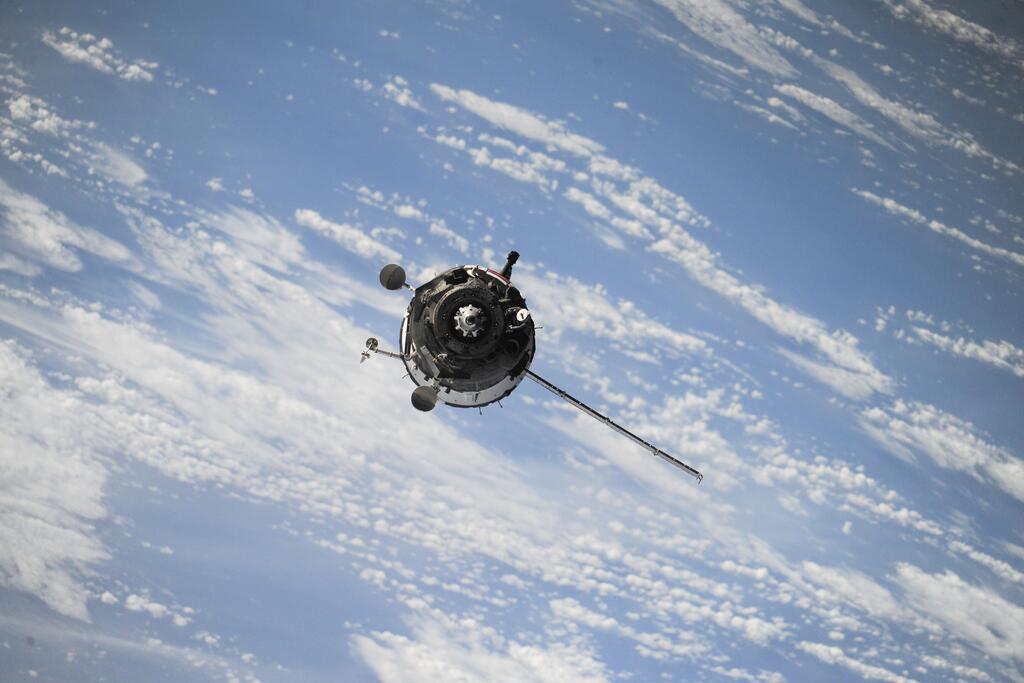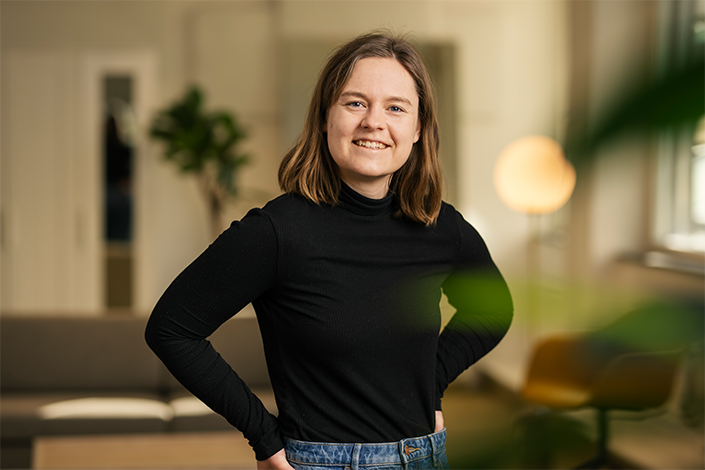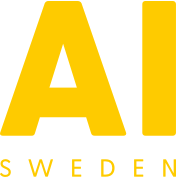Space Data Hackathon
One of the largest challenges when it comes to space data analysis is cloud occlusion, which means that areas on the images are fully or partially covered by clouds and hamper the analysis. By clearing up these images, the space information can be better utilized when monitoring climate change, measuring vegetation, etc. In order to tackle this challenge and enable the full potential of satellite data, The Swedish Space Data Lab was invited to a 24-hour hackathon.

Why hack on satellite images?
The availability of large amounts of satellite imagery data through the European Copernicus project greatly bolsters the opportunities to apply classical machine learning and deep learning algorithms.
These models can be employed to meet many challenges. One challenge often arising in the analysis of satellite data is that of cloud occlusion. Depending on the time of the year and the location of the Area of Interest (AoI) clouds can fully or partially cover the image and hamper the analysis. There are, however, many methods available for the estimation of missing data.
In order to tackle this challenge and enable the full potential of satellite data, The Swedish Space Data Lab together with Arctic Business Incubator and Innovatum Startup invited to a 24-hour hackathon over the weekend of February 21-22. At this time, close to 100 developers, data science specialists, and tech-savvy students gathered at two locations - Luleå and Gothenburg - to figure out how.
An intensive 24-hour challenge
The teams were given two assignments;
1, Use the Swedish satellite data (provided through ODC) to train a model that is able to estimate certain statistics for an occluded area based on the information from the surrounding area, as reliably and accurately as possible.
2, Develop a viable business case for the solution developed or from techniques utilised to develop the solution.
To solve this challenge, the participants got access to the satellite data via the OpenDataCube(ODC) and the satellite data collected in the International Copernicus program.
In addition to the honor, the winning team received SEK 12,000 and an optional coaching session to further develop the business case for the developed solution with ABI or Innovatum Startup.
Facts
The Space Data Hackathon was arranged over the weekend of 21-22 February 2020 at two different locations, The Techno Creatives in Gothenburg, and Arctic Business in Luleå. A total of 100 people participated in 18 teams. The Hackathon was organized by AI Sweden and The Swedish Space Data Lab in collaboration with Arctic Business and Innovatum Startup.
Sum up: The Space Data Hackathon
Why a hackathon on Space Data? And why is AI Sweden a part of this? See more in this Hackathon Sum-up video.
Contact


